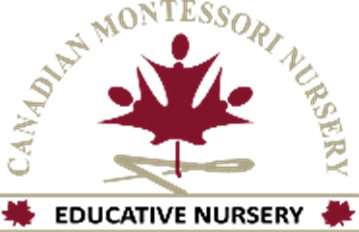Many parents consider Montessori, but they are not sure of how the Montessori approach to learning is different from what they might find in a traditional preschool. Perhaps more importantly, they want to know if and how these differences in the Montessori approach can benefit their child.
The following are a few ways Montessori preschools are different from traditional preschools:
- Fostering Independence – Montessori classrooms place a high value on teaching children how to learn for themselves. Students are encouraged to reach their highest potential at their own individual pace. In traditional classrooms, students follow the same lessons — leaving some children behind while others pull ahead.
- Respect for Children as Unique Individuals – The core of the Montessori philosophy revolves around a firm respect for each child as an individual, and the unique abilities each one brings to the classroom. Often in traditional preschools, all students are expected to learn new concepts in the same way. The Montessori approach assumes that children learn in different ways.
- Engaging a Variety of Learning Styles – The Montessori philosophy assumes that all children are born intelligent, and an individual child’s learning style is as unique as his or her personality. With this in mind, Montessori classrooms provide a wide variety of settings and activities to appeal to each child’s interests.
- Specialized Materials that Stimulate Learning – Unlike traditional schools which often rely heavily on textbooks or workbooks, Montessori schools utilize a range of beautiful, hands-on materials and tools which foster a deep sense of concentration and a curiosity about the world. In a Montessori environment, special materials are used that are uniquely designed to appeal to all five senses and encourage the learning process.
- Children Learn Best in Social Environments – The Montessori approach recognizes that children are born with individual personalities. These personalities develop and grow as they interact with others, especially other children. Rather than trying to inhibit social interaction in the classroom, as is often done in a traditional school setting, young learners spend much of their day learning and socializing with other students. This helps them develop interpersonal skills and independence.
